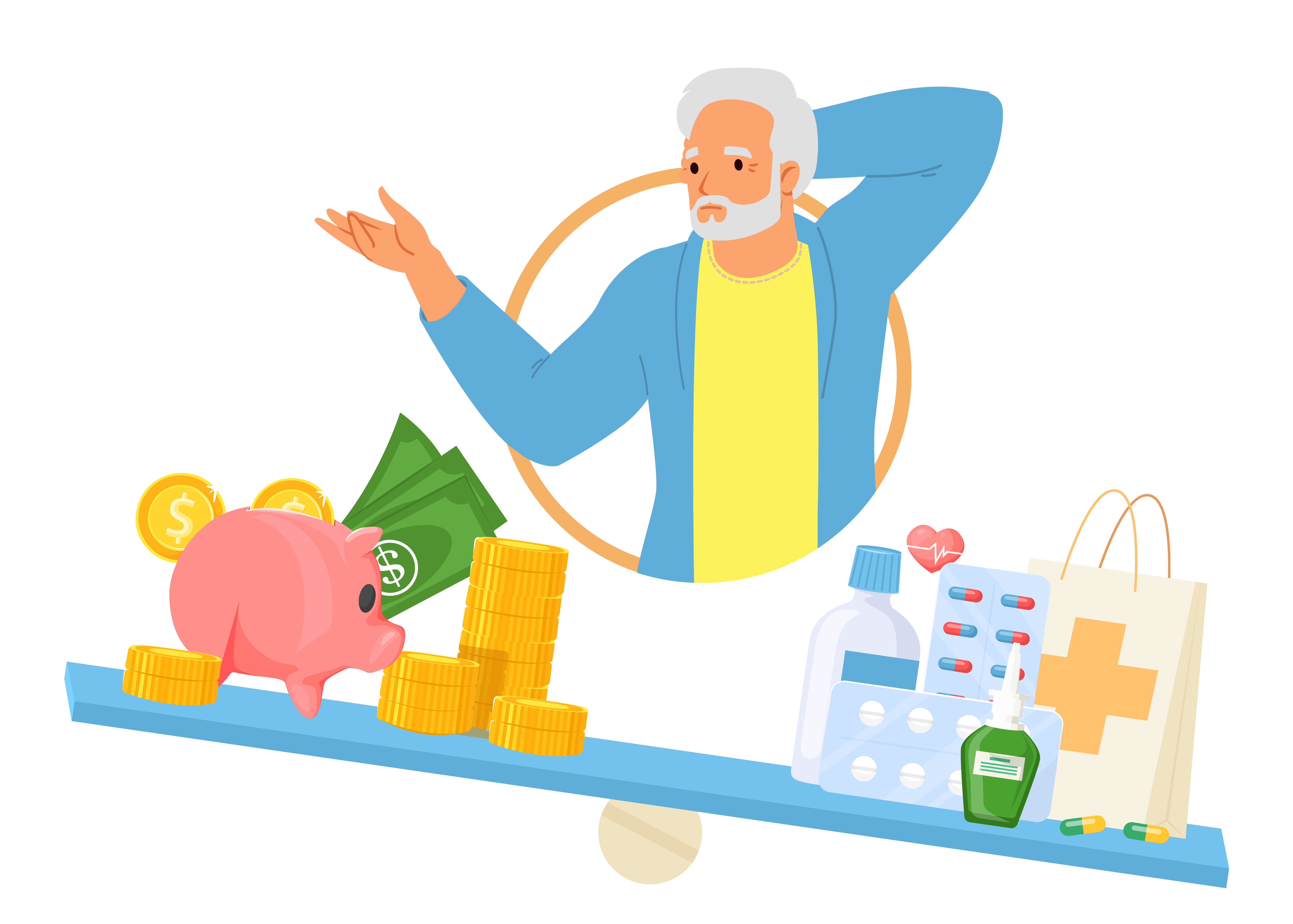What is Codependency?
Codependency is a psychological concept that refers to a dysfunctional relationship dynamic where one person excessively relies on another for emotional fulfillment, validation, and a sense of identity. They're stuck in a pattern where they always put the other person's needs before their own, even if it's not good for them.
Underneath codependency lies childhood trauma which can lead to a life of addiction. People who are codependent might have low self-esteem, find it hard to say no, and often try to take care of others even when they should be taking care of themselves. They might be afraid of being alone and stay in bad relationships because of that. Codependency can make it tough to have healthy relationships and can cause problems like anxiety and depression.
What Are The Characteristics Of Codependents?
Some common characteristics of individuals who might be codependent include:
Low self-esteem:
Codependents may have an exaggerated sense of responsibility for others' emotions and may feel unworthy of love and validation unless they are meeting the needs of others. Their entire life and existence depend on the other person's well-being and also their esteem is dependent on approval from other people.
Difficulty setting boundaries:
Codependent individuals may have trouble saying no or asserting their own needs and desires, leading to a pattern of enabling and self-sacrifice. Having safe and secure boundaries helps to create balanced and healthy relationships. Codependents might do one of two things: they either isolate themselves due to feelings of fear and shame, or they might end up in toxic relationships where there's a lot of fighting and abuse. This happens because they don't know how to set limits for themselves.
Enabling behavior:
Codependent individuals often take on the role of caregiver or rescuer, seeking to fix or control the other person's problems or behavior. Constantly trying to fix or control others' problems can lead to an unhealthy relationship, as the other person may feel suffocated or manipulated. On the other hand, also, focusing too much on others' problems can prevent codependent individuals from focusing on their own personal growth and self-improvement.
Denial of personal needs:
Codependent individuals tend to prioritize others' needs above their own, sometimes to the point of ignoring their own needs entirely. They might suppress their own desires and feelings in order to focus on taking care of others, which can lead to feelings of resentment and burnout over time.
Fear of abandonment:
This refers to a deep-seated fear of being left alone or rejected by others. Codependent individuals might stay in unhealthy or abusive relationships because they're afraid of being alone, even if it means sacrificing their own well-being.
Difficulty with intimacy:
Despite craving closeness and connection with others, codependent individuals often struggle to form healthy, balanced relationships. Their sense of identity and self-worth may be tied up in their relationships with others, making it hard for them to establish boundaries and maintain their own autonomy within the relationship.
How To Recover From Codependency?
Overcoming codependency involves a combination of self-awareness, boundary-setting, and seeking support from others. Here are some steps to help overcome codependency:
Self-awareness:
Individuals should start by recognizing and acknowledging the signs of codependency in their behavior and relationships. Reflecting on past experiences can help them understand how these experiences have influenced their current patterns.
Setting boundaries:
Learning to assert one's needs and desires by establishing clear boundaries with others is crucial. Individuals should practice saying no when necessary and prioritize their well-being.
Building self-esteem:
Working on boosting self-esteem and self-worth independently of others' validation is important. Engaging in activities that bring joy and practicing self-care regularly can help in this process.
Seeking therapy:
Considering reaching out to a therapist to explore underlying issues contributing to codependency is advisable. Therapy can help individuals develop healthy coping mechanisms and relationship skills.
Practicing self-love:
Cultivating a compassionate and nurturing relationship with oneself is essential. Individuals should practice self-compassion and forgive themselves for past mistakes.
Learning healthy relationship skills:
Educating oneself on healthy communication, conflict resolution, and assertiveness is key. Practicing open and honest communication in relationships and seeking mutually beneficial solutions to conflicts are important steps.
Taking gradual steps:
Individuals should remember that overcoming codependency is a journey that takes time and effort. Being patient with oneself and celebrating small victories along the way is crucial. With persistence and dedication, individuals can break free from codependent patterns and cultivate healthier, more fulfilling relationships.
Life At Solace Asia
The initial step in healing from codependency involves releasing the addiction that has served as a coping mechanism for the codependent individual. Seeking treatment for addiction is crucial, as it enables the individual to address their codependency issues. Without addressing the addiction, these codependent patterns will persist and worsen over time.
The bottom line is: how much do you desire recovery from an unmanageable life? Are you willing to take any lengths necessary to get better? If so, seek us out, and we will be able to assist you on your journey to recovery. For more information and support, please don't hesitate to call us. We're always ready to help you.


.jpg)
.jpg)




